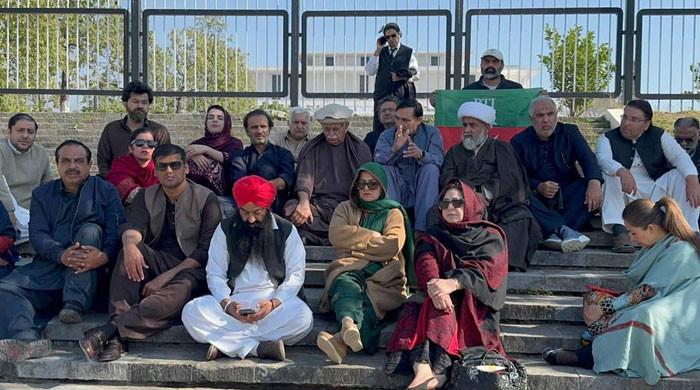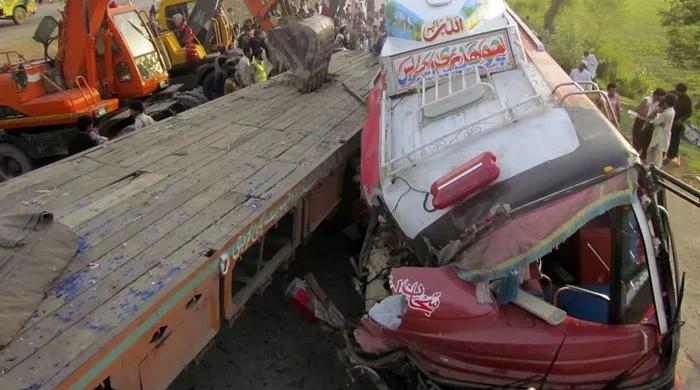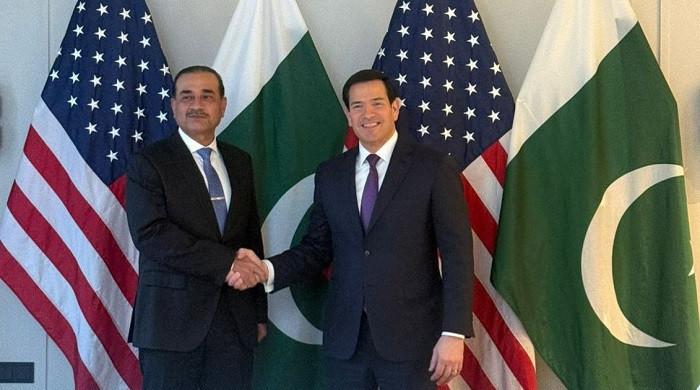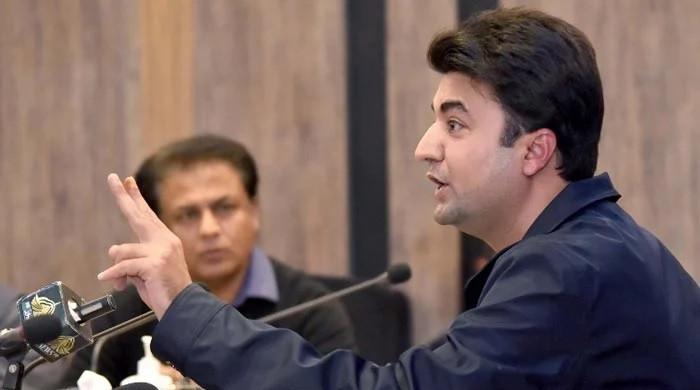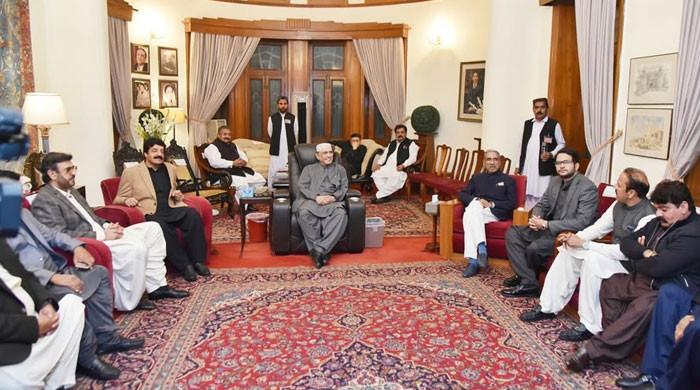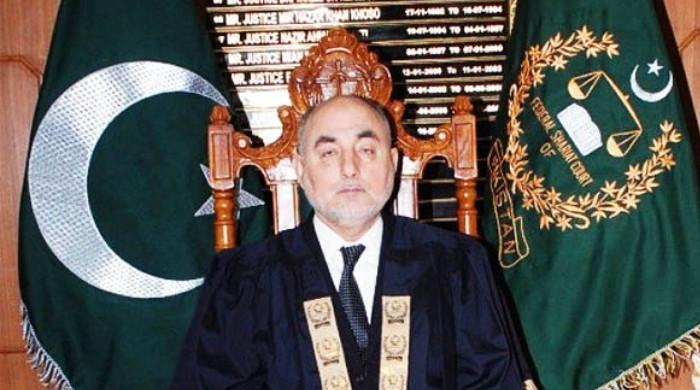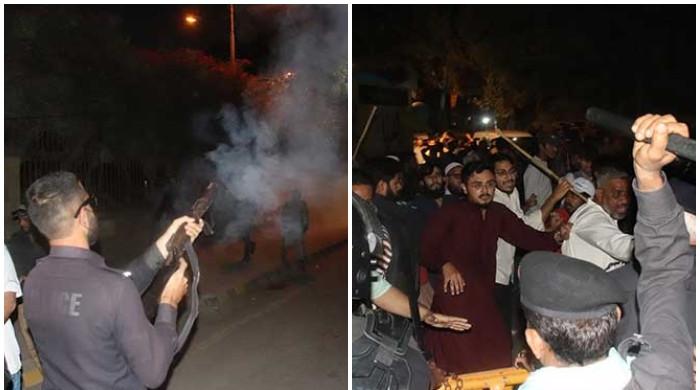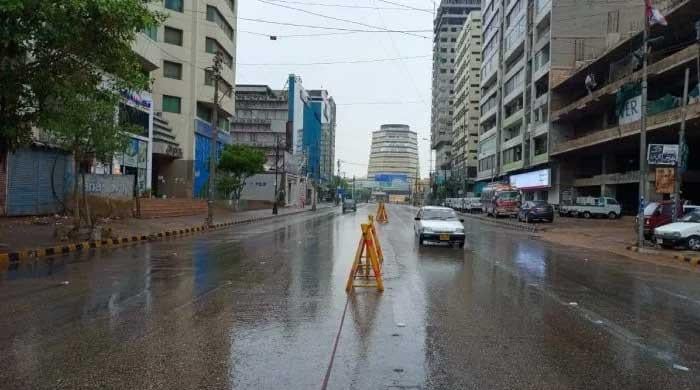Workers in Peshawar save gold from going down the drain
They collect dirt from jewellery workshops, work on it to take out gold
November 07, 2017
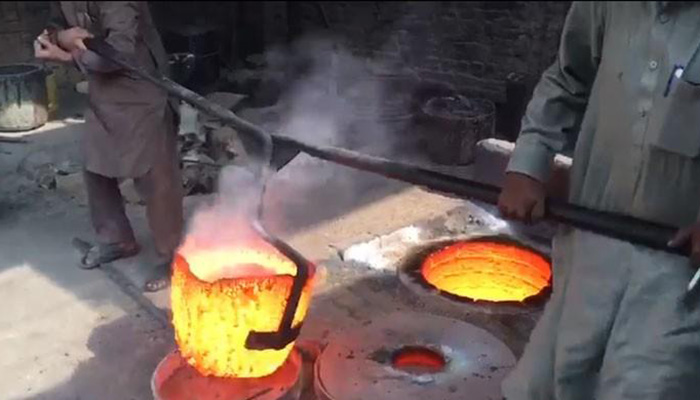
PESHAWAR: Gold is the most noble metal for humankind. World over the precious yellow metal is stored in safety. But there are also places where it is found mixed in dirt and sand.
In Sarafa Bazaar of Peshawar, 60 tolas of gold go into dirt every month, risking waste of thousands of rupees. But where the city has makers, it also has seekers. The gold particles that fall down during the making of jewellery is sifted through age-old methods by workers locally called nayariya, the one who extracts metals from scoria.
“We take this sand from the workshops where gold jewellery is prepared,” a nayariya told Geo News. “We give between Rs5,000 and Rs10,000 per month for the sand/dirt.”
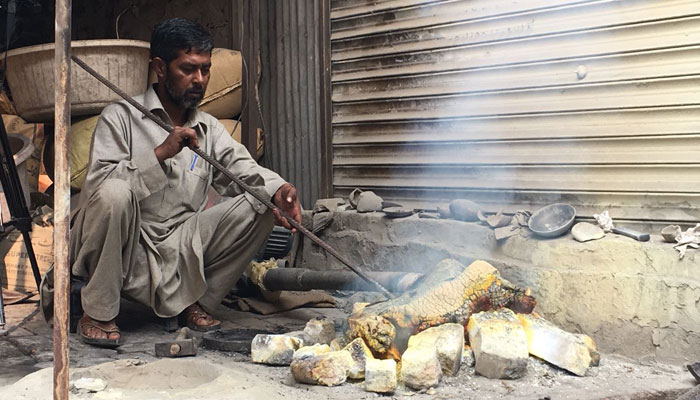
Another worker, Pappu Saeen, said they have been blessed with eyesight which spots the sand that has gold particles mixed in it.
He said the work of taking out gold from direct would be done in Punjab, but in Khyber Pakhtunkhwa it started around 50 to 60 years back, when people trained in the skill came to the province.
Pappu Saeen himself owns a jewellery shop in Sarafa Bazaar of Peshawar. He said he gives the gold they take out from dirt to the apprentices at his shop, so that they can practise on it. The resultant jewellery is also sold.
He said they do not only collect direct for gold from the market in Peshawar, but also go to other districts of the province and agencies of the Federally Administered Tribal Areas for the purpose.
By collecting the dirt that has gold, Pappu said, they daily save around Rs100,000 from being wasted from Peshawar alone. This means if these people do not do the work, every month Rs3 million would have gone down the drain in the city, without anyone even knowing about it.
According to Pappu, they contribute to the economy in a way but saving the precious metal that would have otherwise been rotting in garbage. However, he added, not many people know about the process.
Sifting the sparkle
The sand is first separated from the waste, dried and then graphite, borax and caustic soda is added to it. The mixture is then heated into a molten form in a furnace at over 6,000°F.
Once melted, the mixture is poured on the ground. Gold and silver sit down while other metals come up on the surface.
The sand is again sifted to separate gold and silver particles from other metals. There is another furnace where gold is separated from silver.
There are three such workshops in Peshawar where 125 people from across Khyber Pakhtunkhwa work.




